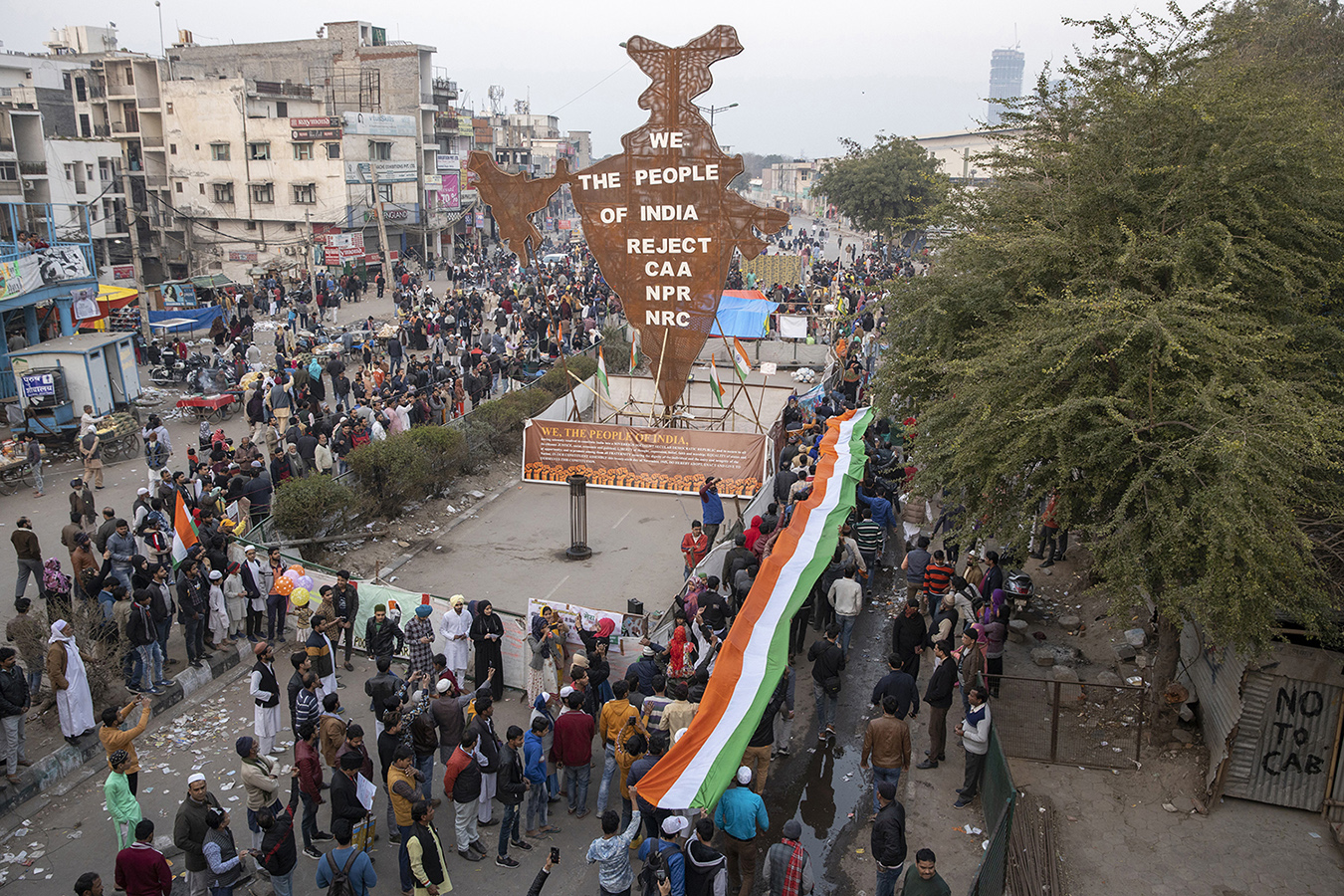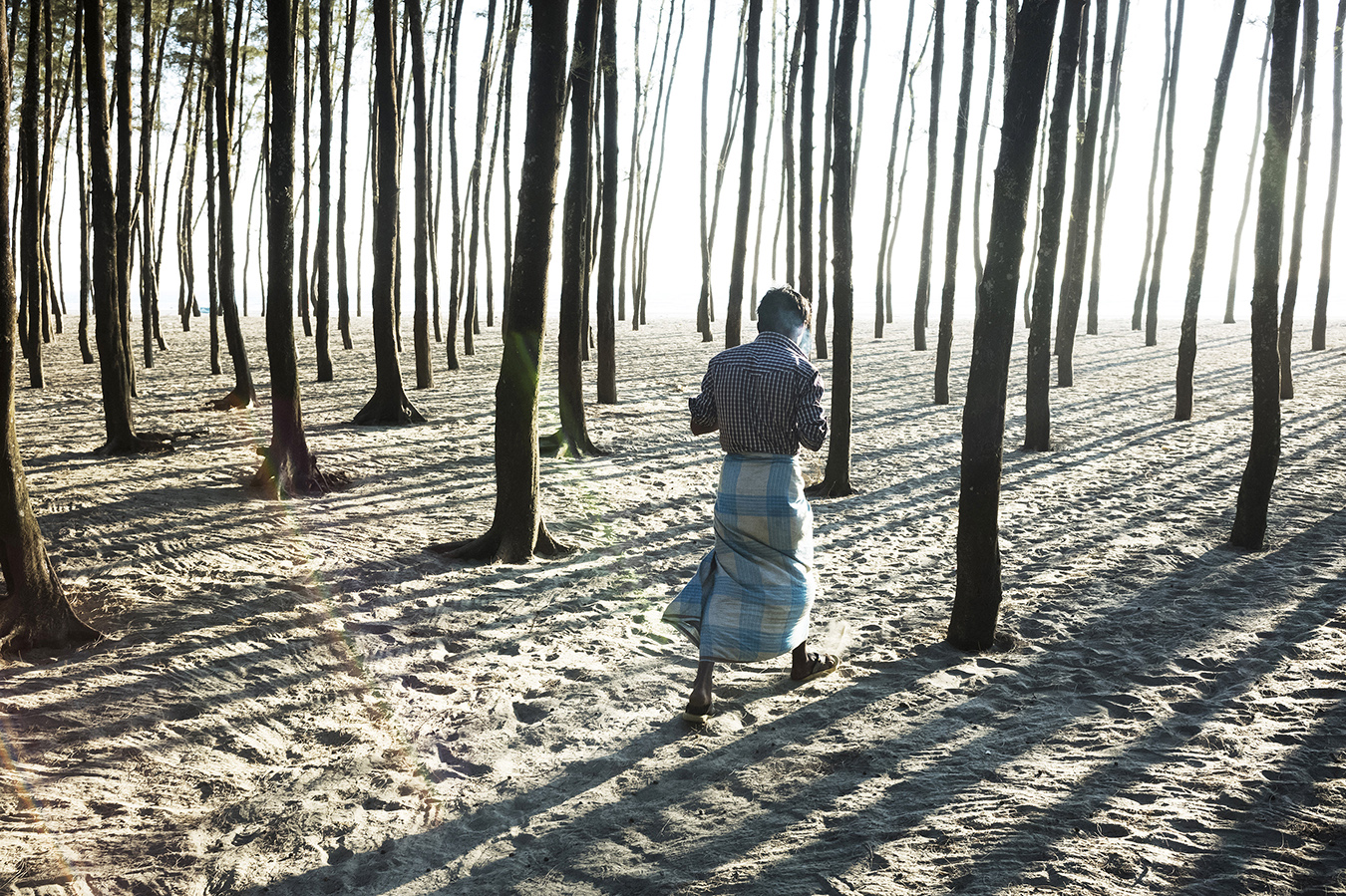Seconded By: Afshin Ismaeli,
To illustrate the issue of statelessness affecting about ten million people in the world, I have been documenting several stateless populations in several countries, that demonstrate the breadth of statelessness, the diversity of the people it affects and the range of mechanisms by which it is justified.
A “stateless person” is someone who is not considered as a national by any state under the operation of its law. They are seen and treated as a foreigner by every country in the world. In turn, they are discriminated against on the basis of ethnicity, race, religion, language, or gender. As borders become more porous and nations around the world face surges of populism and identity crisis fueled by social media, the stories of the stateless are only anomalies in their extremity. They are literally a “people of nowhere.“
The question of who belongs and who does not, who has access to resources and who should be denied them, is a hot topic in our times. The philosopher Hannah Arendt wrote that citizenship is “the right to have rights”; in The Origins of Totalitarianism, she described the process of dehumanization of stateless people: when “others” are created and differences are exploited, citizenship becomes an instrument to deprive of rights those who could threaten political, ethnic or economic interests.
Most of the world’s 10 million stateless people do not feature in any census. Contrary to popular belief, these men, women and children are not only refugees: many have never left the land on which their ancestors were born.
To try to understand this issue and the mechanics that leads to it, I have been meeting and documenting communities affected by stateless- or “at risk of statelessness” in different countries around the world.
This photo essay was photographed in 6 countries, over 3 continents: Nepal, Lebanon, Dominican Republic, India, Bangladesh and Ivory Coast.
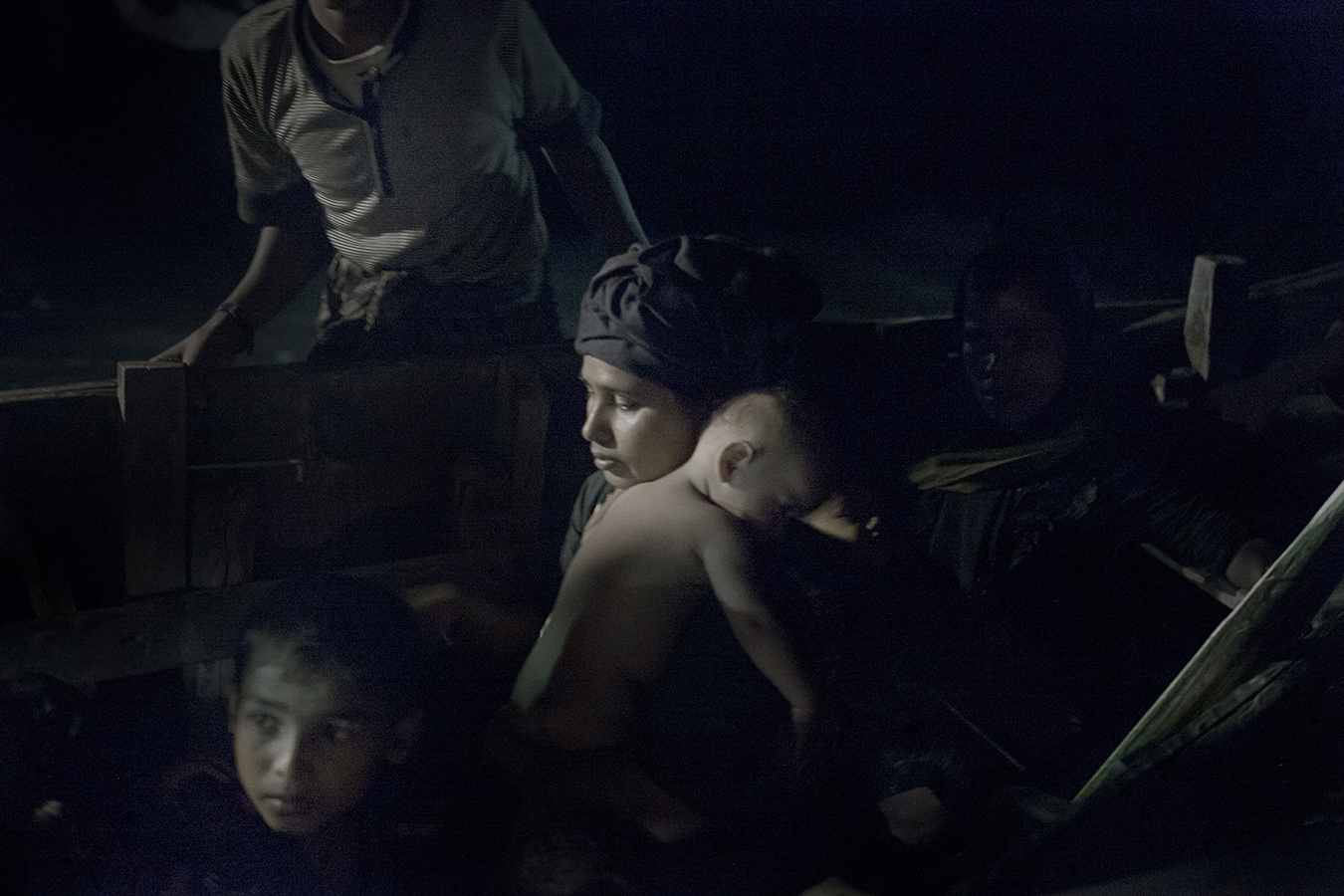
Bangladesh.
Fleeing ethnic cleansing in Myanmar, some Rohingya refugees arrive by boat at night in Bangladesh after crossing the Naf River. In 1982, the predominantly Buddhist Burmese state stripped these Muslims of their citizenship.
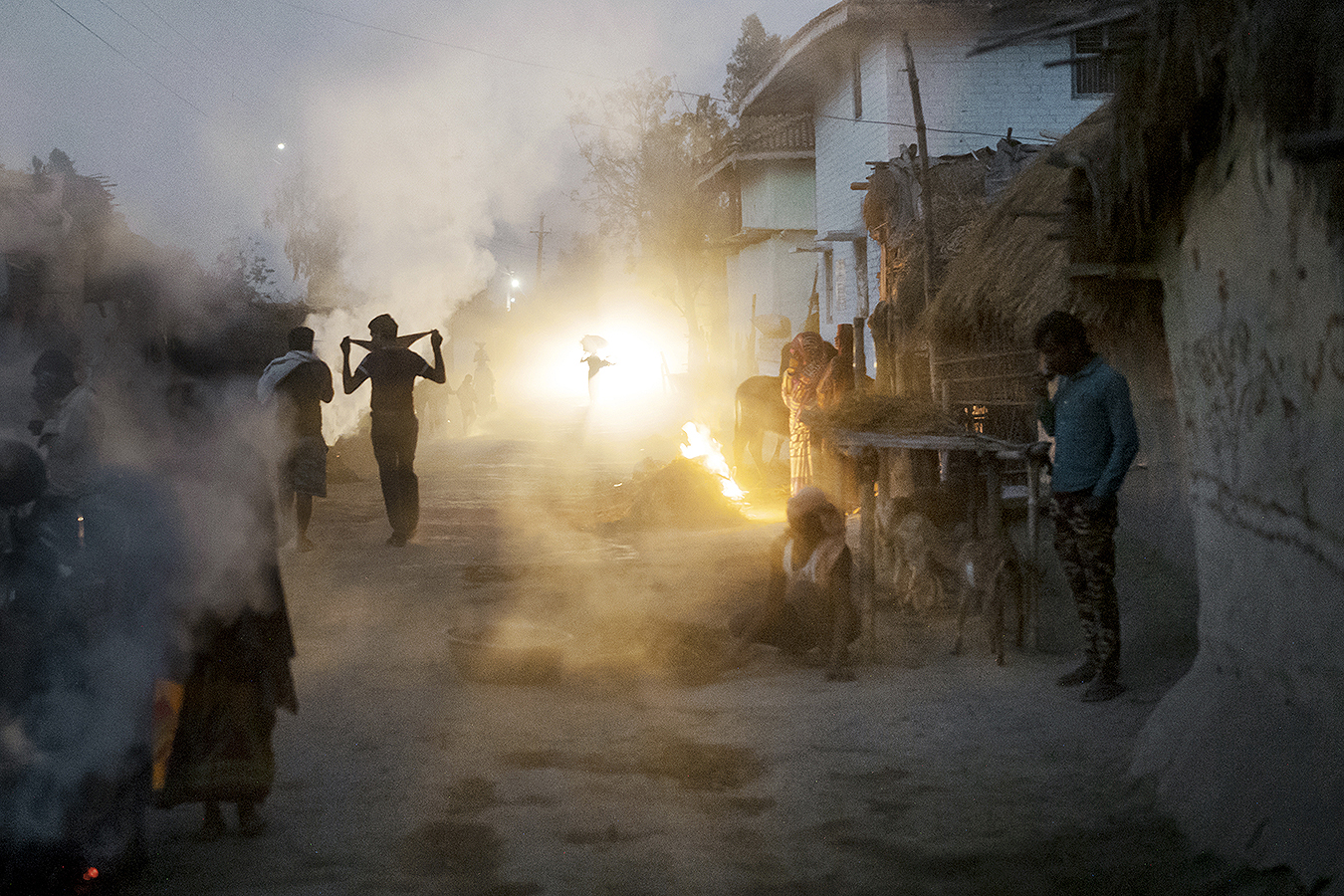
Nepal
Night scene in Nokailwa village, which is inhabited by 60 Musahar ( Dalits, untouchables ) households. An estimated 40 percent of them do not have Nepalese citizenship and are therefore stateless de facto.
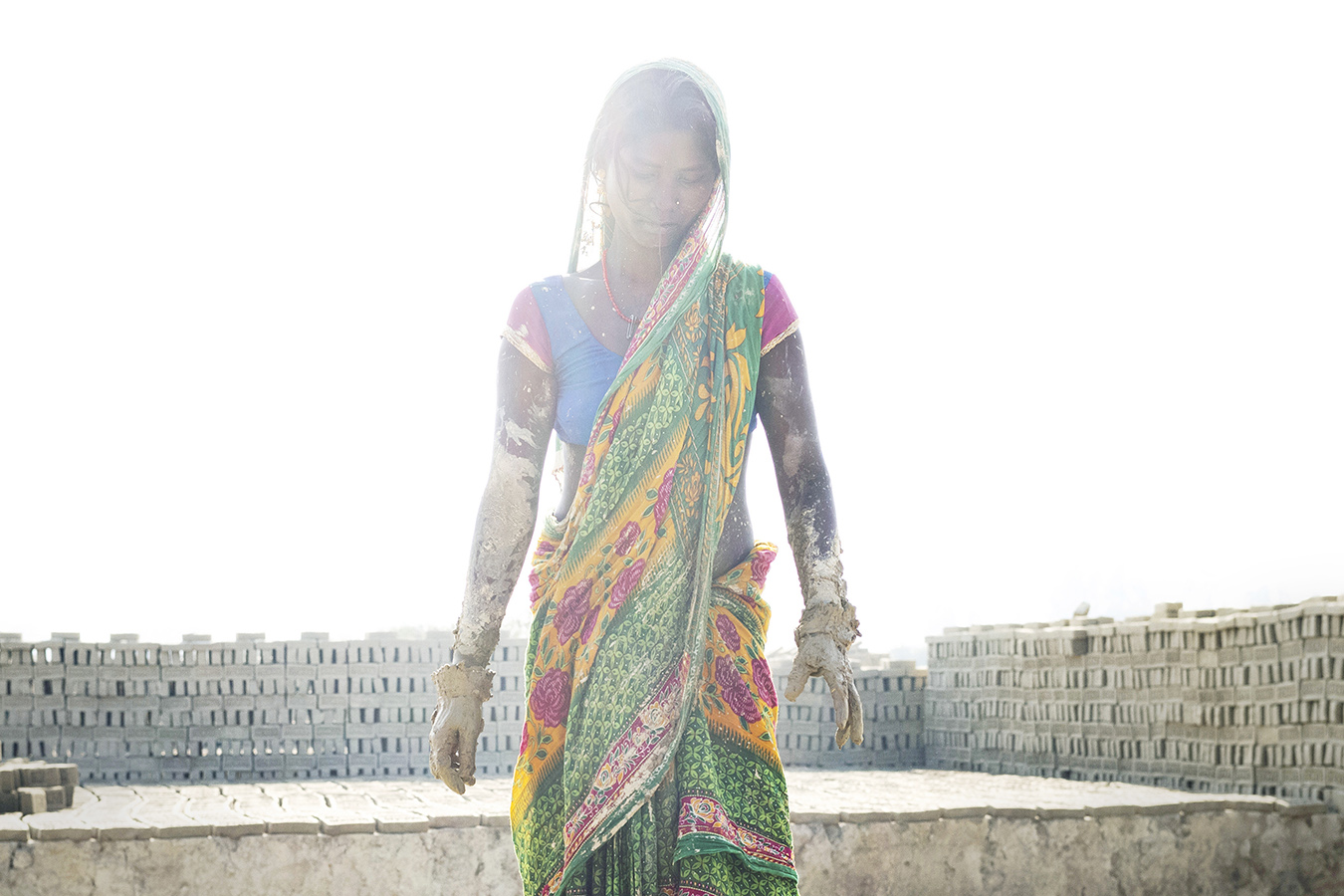
Nepal
Dukhiya Devi Majhi is a Musahar and stateless as is her husband and her two children. The Musahar ( Dalits, untouchables ) are one of the most discriminated against of the 22 groups of Dalits.
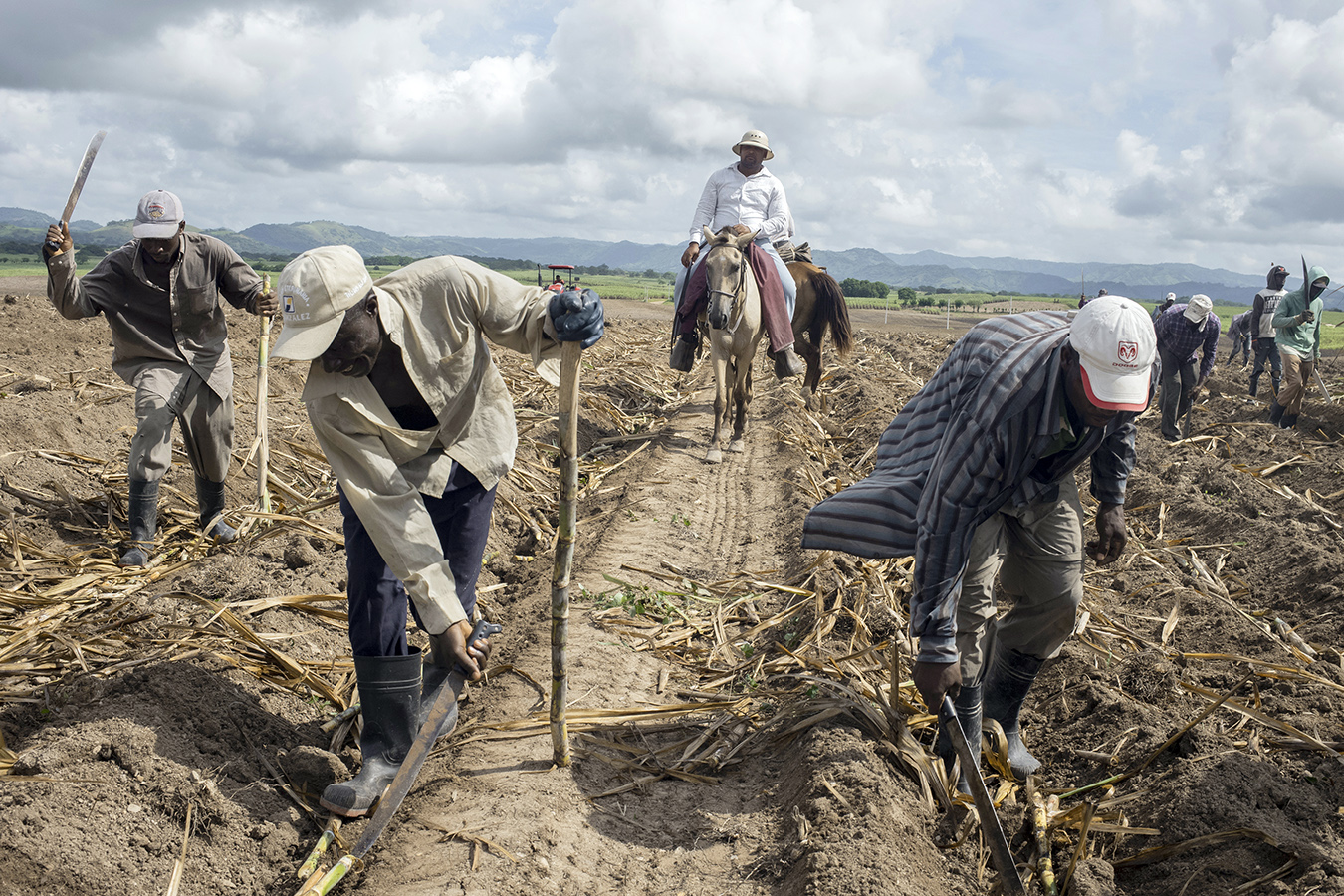
Dominican Republic.
The sugar cane industry employs a majority of Haitians descendants living in the country for several generations. The latter, very discriminated, were considered Dominicans until in 2013, the Supreme Court revoked the citizenship of 130,000 of them.
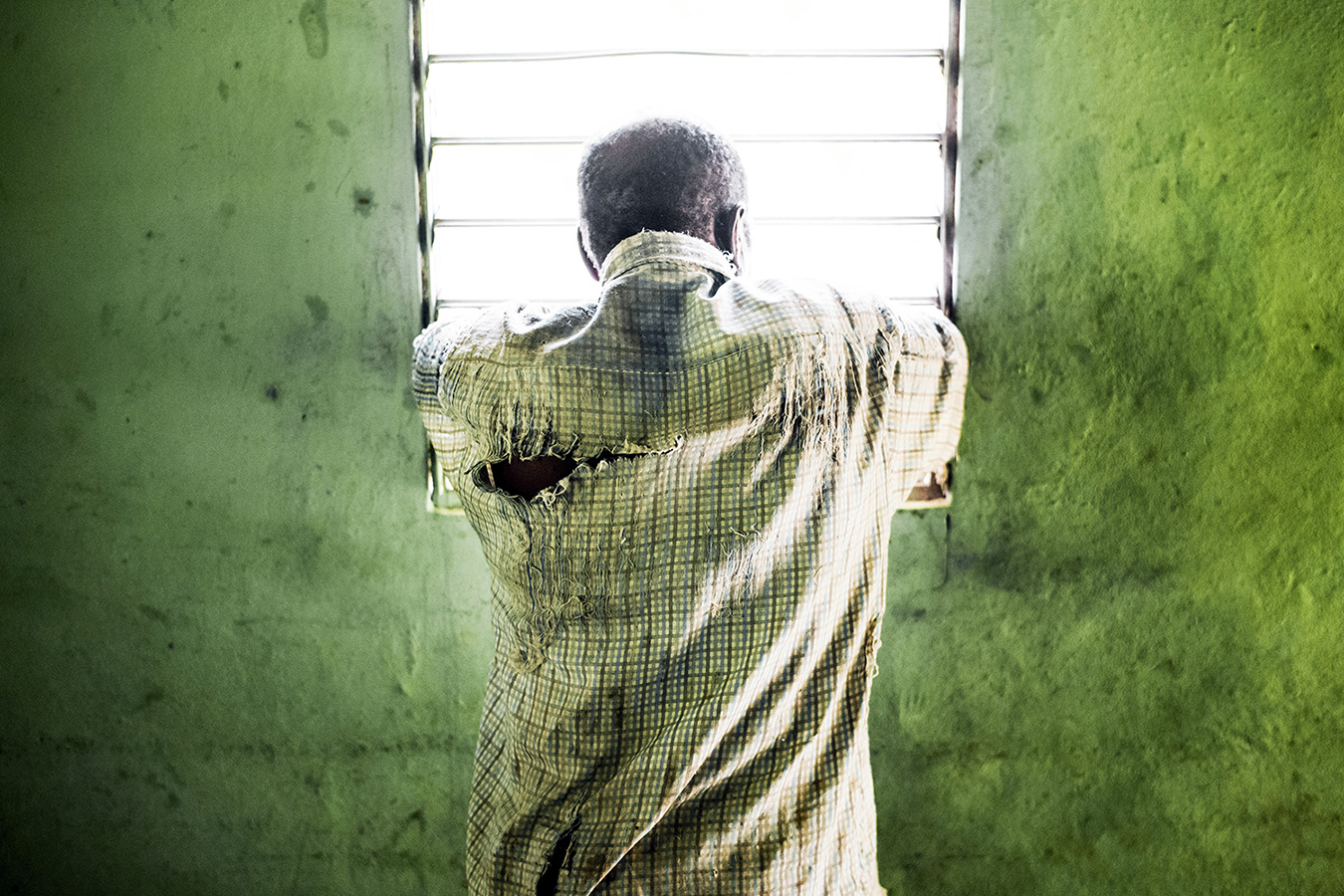
Dominican Republic
A man of Haitian descent stands in his home, owned by the company Central Romana Corporation (the biggest Cane company in DR). Recently the US banned any sugar coming from Central Romana for suspicion of Forced labour.
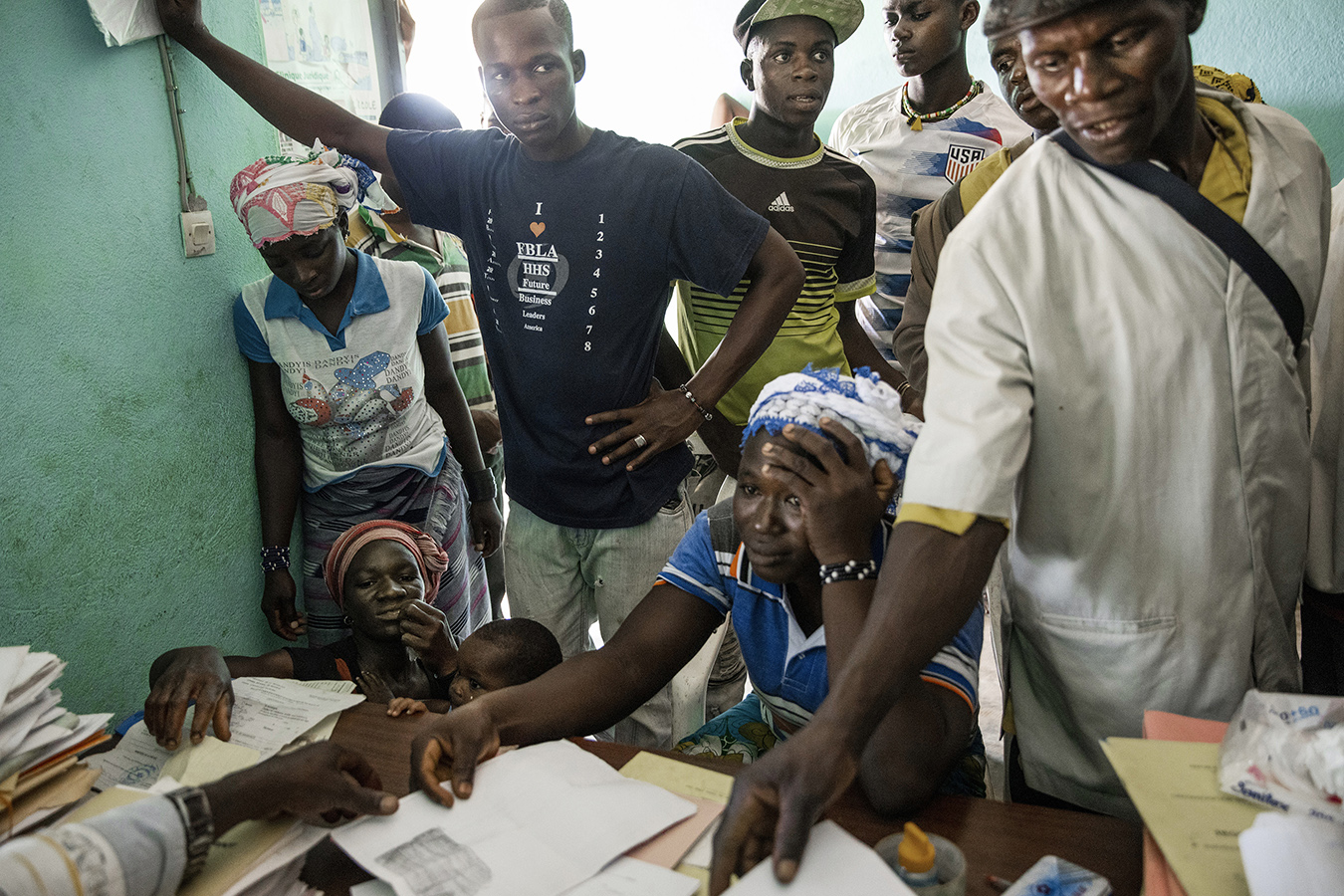
Ivory Coast.
These people hope to obtain a birth or nationality certificate from the administration of Ganaoni. In the country, 1.6 million people are at risk of statelessness, a majority of whom are of Ivorian ancestry, having always lived without documentation.
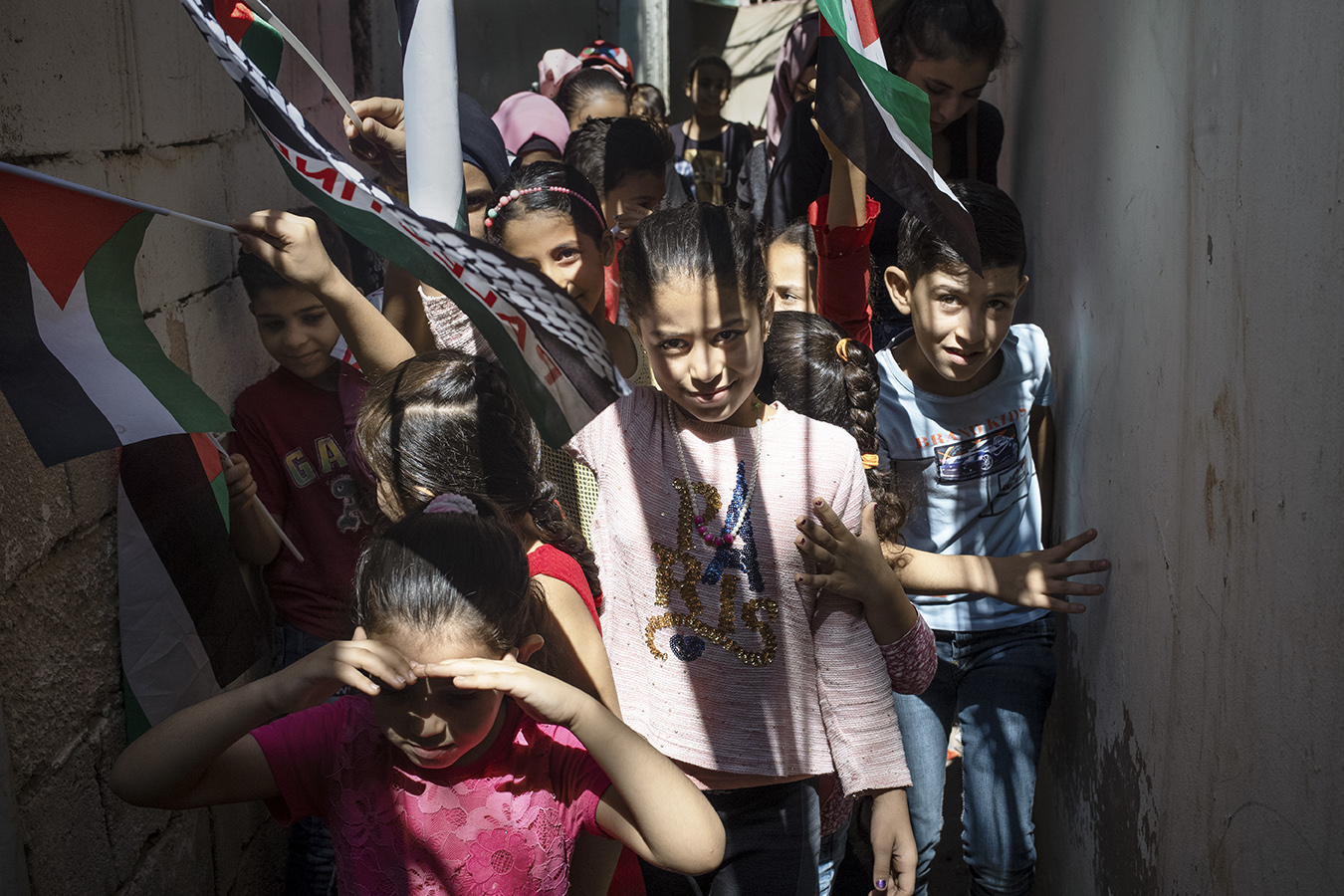
Lebanon
Children holding Palestinian flags during a demonstration in Burj Barajneh refugee camp. Authorities fear that integrating Palestinians would disrupt the country’s delicate sectarian equilibrium, so after 3 generations, they are still considered as foreigners and stateless de facto.
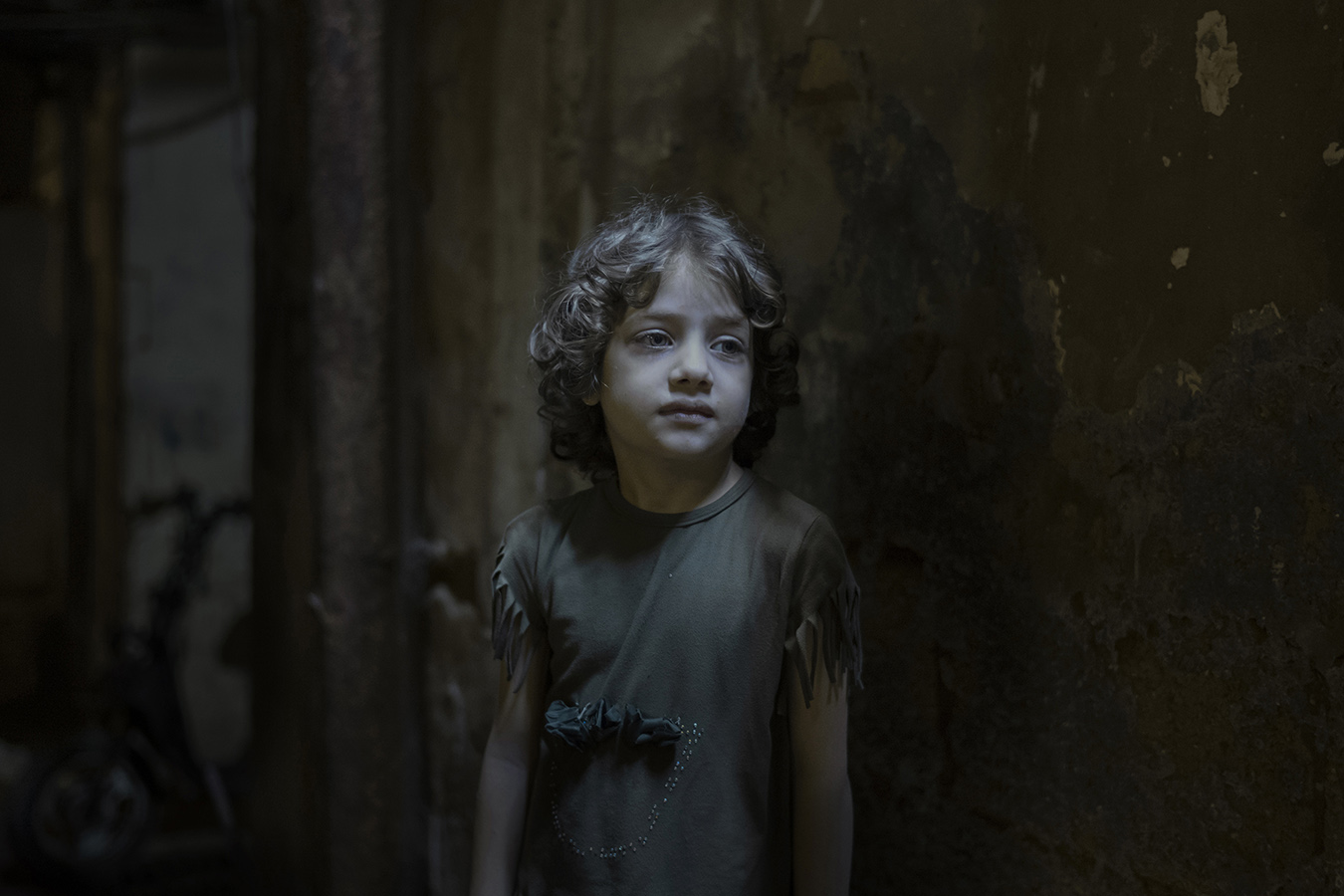
Lebanon.
Initially comprised of around 500 residential units, the camp has grown tenfold and hosts now 40,000 people over only 1 km2. The poorest are relegated to the bottom streets, where natural light is very poor.

